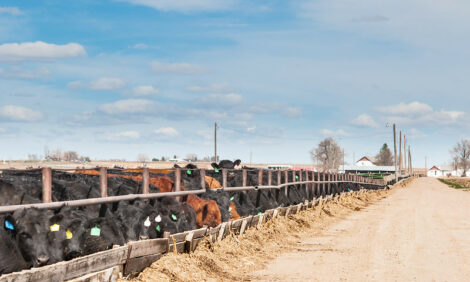



Mandatory Electronic Cattle ID Goes Live
NEW ZEALAND - The electronic tagging system for cattle will go live on 1 July, which means that by law, farmers will be required to tag all animals with a radio freqency indentification device (RFID).The National Animal Identification and Tracing scheme (NAIT) is hoped to improve animal identification and tracing systems.
“I am delighted that NAIT already has some 30-thousand people and their properties registered on the database,” says Primary Industries Minister David Carter.
“NAIT is a significant step in protecting our farmers in the international marketplace. With most other agricultural producing nations already having computerised tracing of animals, New Zealand simply cannot afford to lag behind.
“Lifetime animal traceability is an asset that New Zealand can leverage as part of its international reputation for producing food to the highest standards. It is also an opportunity for farmers to increase productivity by identifying superior animals.
“In the case of a biosecurity outbreak affecting livestock, NAIT will enable a quick and efficient response reducing the impact on the agriculture sector and the entire New Zealand economy,” Mr Carter says.
Anders Crofoot, Federated Farmers Board spokesperson on national identification and tracing, said the group opposed a mandatory scheme.
"Our position has been that it would be much better as a voluntary regime. That would be as easy and cost-effective to implement."
Mr Crofoot said Federated Farmers has accepted Nait is going live and the group is aiming now to make the roll-out as easy as possible for farmers.
One of its main concerns has been the cost, with farmers having to pay about $2 or $3 more for Nait-compliant ear tags than for the current non-electronic tags.
TheCattleSite News Desk


